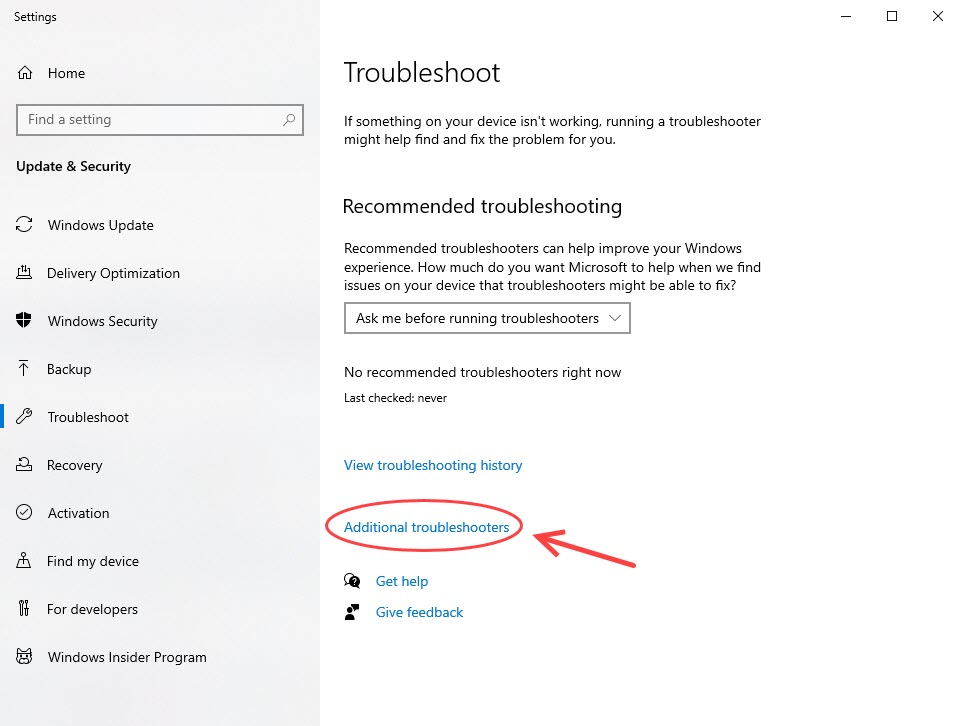

There are 16 hardware‑based sample‑rate converters for processing multiple streams of audio, along with 16 hardware digital mixers. This last aspect is intriguing, and derives from the fact that there is extra hardware on the card that bypasses the normal DirectSound drivers of DirectX 5.0, thus lowering CPU overhead. In the light of this specification, £120 seems a small price to pay, especially as the Montego is a PCI card which also claims to be an Audio Accelerator. Their new Montego A3D Xstream has 64‑voice wavetable synthesis (using 4Mb of your system RAM), 18‑bit converters, Aureal 3D positional sound, DOS game compatibility, a Waveblaster‑compatible daughterboard socket, and (at some point in the future) an optional S/PDIF interface. Turtle Beach have been producing high‑quality soundcards for years. If you like playing the odd game, but still want quality audio when writing music, Martin Walker believes the Turtle Beach Montego could provide the best of both worlds.ĭespite the large number of professional soundcards appearing over the last year, there is still great demand for good, audio‑quality cards that remain compatible with DOS‑based games, and which don't break the bank.


 0 kommentar(er)
0 kommentar(er)
